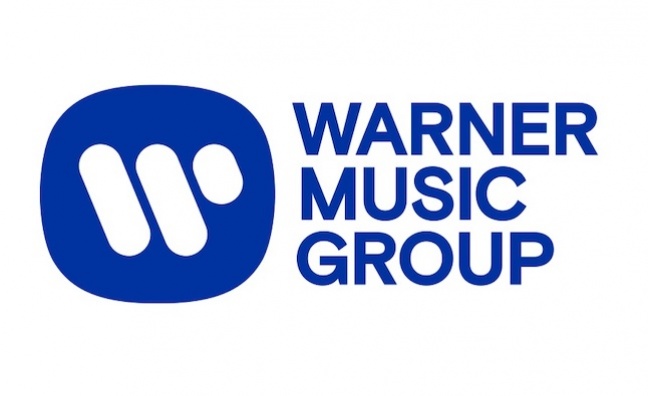Warner Music Group has released it fiscal Q2 (calendar Q1) financial results for the period ended March 31, 2024.
The major posted solid results driven by growth across recorded music and publishing.
Major sellers in the quarter included Zach Bryan, Ed Sheeran, Jack Harlow and Green Day.
"This quarter we saw a healthy, dynamic mix of hits across a range of genres, geographies, and generations," said Robert Kyncl, CEO of Warner Music Group. "With our commitment to artist and songwriter development as our guiding principle, we continue to discover great talent, build sustainable careers, champion the value of music, and grow the catalogue of tomorrow. We are positioning WMG for long term growth and look forward to delivering successful music in the second half of 2024 and beyond."
Warner Music Group was impacted by the termination of its distribution agreement with BMG, which resulted in $22 million less revenue (with the bulk of that from streaming) compared to the prior quarter. Previously with ADA for many years, BMG has now taken charge of its streaming distribution.
Overall revenue was up 6.9% year-on-year in constant currency. Excluding the BMG termination and a one-off factor involving a digital licence renewal, total revenue was up 9% in constant currency.
Operating income decreased by 3.3% in constant currency to $119 million.
WMG’s recorded music revenue was up 4.3% in constant currency, driven by growth in digital and licensing revenue, and partially offset by lower physical and artist services and expanded-rights revenue. Excluding the impact from the BMG termination and the digital licence renewal, recorded music revenue increased 6.7% in constant currency.
Recorded music streaming revenue was up 7.7% in constant currency. Once again, adjusted for the impact of the BMG termination of $20 million of streaming revenue and the digital licence renewal of $4 million, recorded music streaming revenue was up 11.1% in constant currency.
Music publishing revenue at Warner Chappell increased by 18.6% in constant currency. The increase was driven by growth in digital, performance and synchronisation revenue.
"Our performance in the quarter was driven by an acceleration in recorded music subscription streaming growth and continued momentum in music publishing," said Bryan Castellani, CFO, Warner Music Group. "Encouraged by the continued growth in engagement and value of music, we remain focused on delivering on our strategy and driving long-term shareholder value."
On the earnings call, Kyncl spoke about Warner Music's investment in talent, including Dua Lipa, whose new album Radical Optimism is set for No.1 in the UK.
"Unusually for a company of our scale, most of our biggest stars are homegrown talent, who have been with us since the earliest days of their careers – Bruno Mars, Ed Sheeran, Cardi B, and Dua Lipa, among others," he said.
"We are building on this legacy, by nurturing original artists into the next generation of superstars. A great example is Warner Records, who are the hottest label in the US right now due to their focus on genuine talent and long-term artist development. In an industry where it’s harder than ever to cut through, Warner Records has bucked the trend with success stories like Zach Bryan, Benson Boone and Teddy Swims. And their hot streak shows no signs of slowing down."
Warner Music also has achieved No.1 on the Spotify Global Chart with I Like The Way You Kiss Me by Artemas through its new JV with 10K Projects.
Kyncl also spoke about his efforts to champion the value of music, including reformed royalty models and increases in streaming subscription prices.
"Over the past year, there have been some initial steps in the right direction to grow the pie, including the first price increases at all the major DSPs," said Kyncl.
"We will continue to advocate for further increases, as well as more sophisticated price optimisation... especially as DSPs improve their offerings to bring in more subscribers."
The Warner Music CEO has also testified to Congress about the harmful impact of generative AI if unchecked.
"My central message was that the use of people’s likeness and voice requires consent, and must be subject to free-market negotiations," he said on the earnings call. "We should not abide the appropriation of people’s identities and the theft of artists’ livelihoods."
Updating investors about the company's restructuring plan, Kyncl noted that progress is being made including the sale of Uproxx.
"On our last earnings call, we announced a restructuring plan which will enable us to increase our investment in music, technology, and new skill sets," he said. "We are on track - although the full savings will not be realised until the end of fiscal 2025, the majority of changes have already been implemented."











